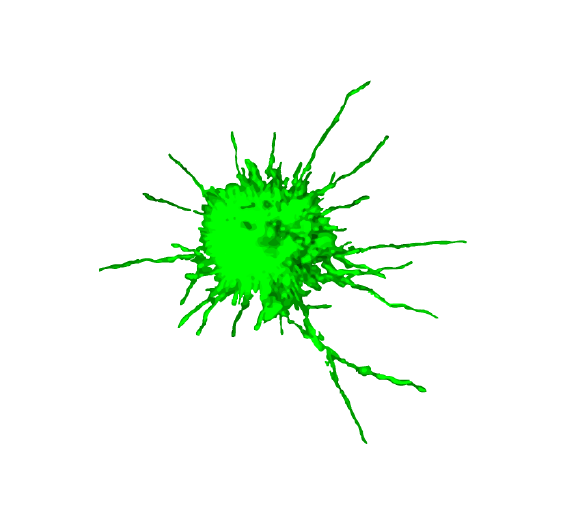Growth-induced compressive stress does not require cell adhesion to build-up, and as such could be experienced by any cells. Microbes, animal or plant cells can be under pressure, and their cross-study can unravel unforeseen effects. Using different cellular systems such as the fungi S. cerevisiae, S. pombe or C. albicans, the bacteria E. coli or N. meningitidis, cancer cell lines, or even the plant model A. thaliana, we address various questions on the impact of compressive stress on cell physiology.
To this end, we design various devices allowing dynamic control over the physico-chemical environment of a cell population. We work at different size scales, from the hundreds of nanometers of bacteria to the dozens of micrometers of plant cells, and apply different intensities of mechanical stresses, from the kPa range of mammalian cells to the MPa of yeasts. These conditions require specific microfabrication.
Among our current research directions, we study how compression affects proliferation, genomic stability, metabolic plasticity or cell transdifferentiation. Our goal is to disentangle the organism-dependent response from potential universal behaviors: We believe that while some responses may depend on the specifics, others may be shared through common biophysical regulations across different species.

